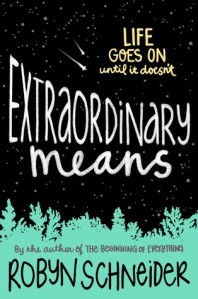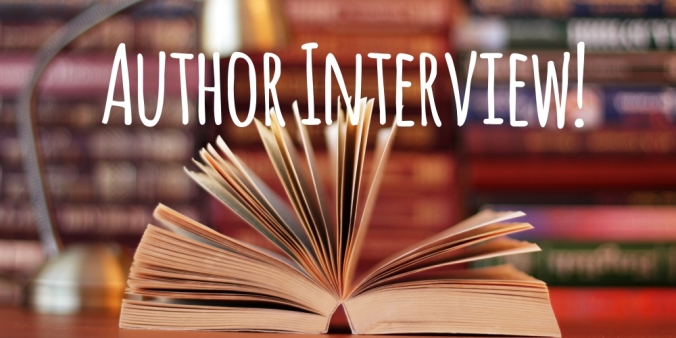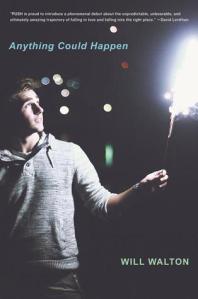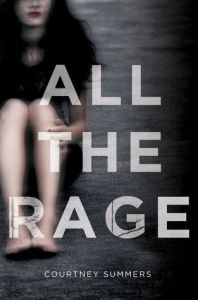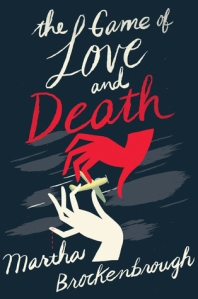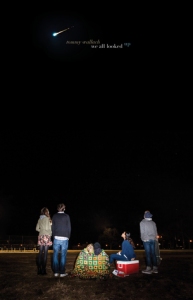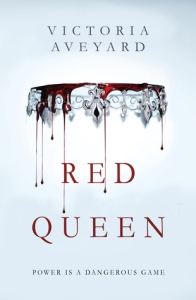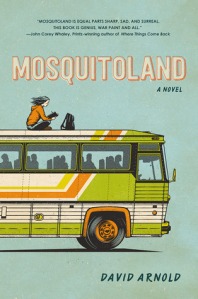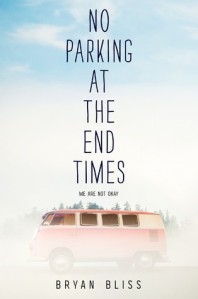Title: Skyscraping
Author: Cordelia Jensen
Publisher: Philomel Books
Publication date: June 2, 2015
Goodreads / Author’s website / Author’s twitter
The awkward placement of the swinging girl on the cover is actually what drew me to pick this up (you probably can’t tell from the picture, but trust me, it’s super awkward). Then I flipped it open, discovered it was a book in verse, and figured I had enough time to read it. There were some things that stood out to be as being GREAT about this book and others that left me supremely disappointed.
First, the summary from Cordelia Jensen’s website:
Mira is just beginning her senior year of high school when she discovers her father with his male lover. Her world–and everything she thought she knew about her family–is shattered instantly. Unable to comprehend the lies, betrayal, and secrets that–unbeknownst to Mira–have come to define and keep intact her family’s existence, Mira distances herself from her sister and closest friends as a means of coping. But her father’s sexual orientation isn’t all he’s kept hidden. A shocking health scare brings to light his battle with HIV. As Mira struggles to make sense of the many fractures in her family’s fabric and redefine her wavering sense of self, she must find a way to reconnect with her dad–while there is still time. Told in raw, exposed free verse, Skyscraping reminds us that there is no one way to be a family.
I tend to enjoy books written in verse, because I think they’re typically more beautifully written than standard prose and more digestible than prose books written with verse-like style or syntax. With Skyscraping, I did appreciate the “constellation” metaphor throughout. Mira is constantly comparing her life and the dynamics of her family to the stars in the sky, and the way her viewpoint and comparisons shift as the story progresses was gratifying to read. Plus, these poems were some of the most stunning, in my opinion. However – most of the poems didn’t feel like poetry to me. They felt like sections written in verse simply to move the plot forward. I didn’t feel the emotional connection that I was craving. So style-wise, I was left wanting.
On a plot-based level, I really appreciated the fact that this book took a look at an untraditional family. Mira really struggles with finding out that her parents have a open relationship and are okay with it. She looks back at her perfect childhood and questions everything, and finds herself struggling to connect with her father after feeling like he’s not only been cheating on her mother but on her whole family. Her reconnection as his health declines was sad, but… not much deeper than that. Again, I feel like the emotions could have been more vividly explored.
In the end, I was left with just a vague memory of a few pretty poems and Mira’s struggle through her father’s death. While it was nice, it could have been much more powerful if better executed. If you want to read about a family torn apart by HIV/AIDS, I’d actually recommend Breaking Night, a nonfiction book by Elizabeth Murray. Skyscraping was a nice little read, and I actually enjoyed it more while I was reading it than I did once I looked back at the reading experience as a whole, so maybe I’m coming off a little too harsh. But if verse books are your thing, there are definitely a few gems hidden in this one, though they may be few and far between.
3 out of 5 stars.
Tara

